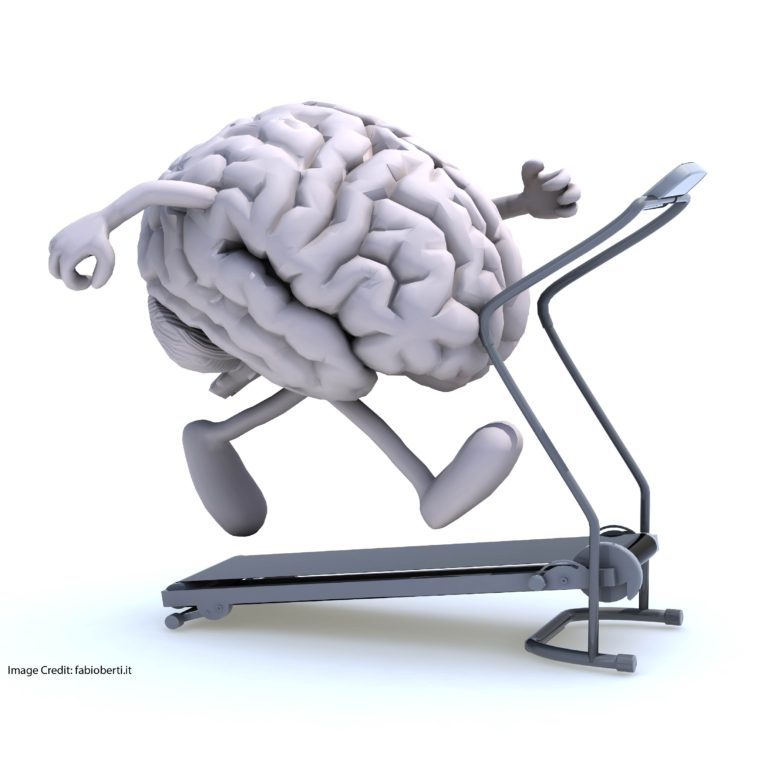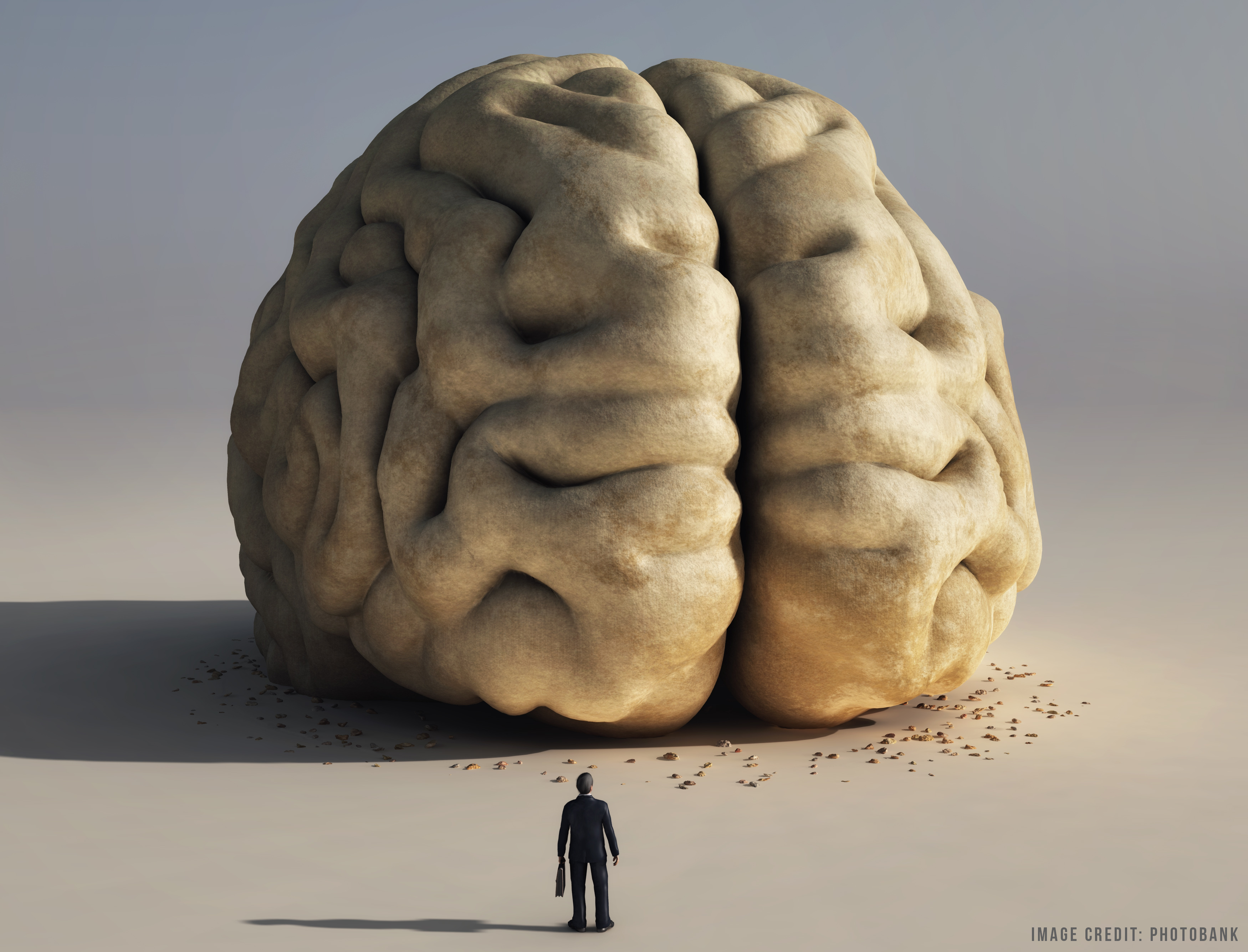Tags
ADHD adolescence attention autism book review boundary conditions classroom advice conference speakers constructivism/direct instruction creativity desirable difficulty development dual coding elementary school embodied cognition emotion evolution executive function exercise experts and novices gender high school homework intelligence long-term memory math methodology middle school mindfulness Mindset motivation neuromyths neuroscience online learning parents psychology reading retrieval practice self-control skepticism sleep STEM stress technology working memoryRecent Comments
- The Power Of Meta-Learning For College Students - The Techs Storm on Meta-Learning: The Importance of Thinking about Thinking
- How To Instill A Growth Mindset Early on Parent-Child Interactions: Forming Beliefs About Intelligence
- Incremental Steps with Growth Mindset |Education & Teacher Conferences on Growing Mindsets in Argentina?
- Comic Sans Font: The Most Popular Casual Typeface on Don’t Hate on Comic Sans; It Helps Dyslexic Readers (Asterisk)
- Grit Theory for Personal Development: Succeed with Tenacity on Grit: The Power of Passion and Perseverance by Angela Duckworth
ABOUT THE BLOG

Category Archives: L&B Blog

The Surprising (Potential) Benefits of Stress
We’ve known for years that people listen to good news more than bad news. New research suggests, surprisingly, that stress helps us learn from the bad news as well as we learn from the good. Teachers should hope that this study will be repeated with school-aged children. Continue reading

Improve Your Syllabus & Lesson Plan With “Prior Knowledge”
By explicitly including prior knowledge in our lesson plans, we can help students learn new material more effective. And, this effect might explain the syllabus-level benefits of spreading practice out over time: the “spacing effect.” Continue reading

Play More Chess, Get More Smarts?
Some research suggests that general cognitive training — through chess, or music lessons — might help students learn a broad array of academic disciplines. However, research that controls for placebo effects discounts that finding. Almost certainly, students must learn each particular skill by practicing it. Continue reading

Resources to Get Started with “Embodied Cognition”:
The field of embodied cognition has gotten increasing attention in recent years. The short version…

Let’s Get Practical: When Should Students Self-Test?
When should students self-test for maximum learning? Recent research suggests that retrieval practice timing matters less than retrieval practice doing. That is: students can self test at the end of a textbook section, or an the end of a chapter; both techniques help them learn. For even better memories, do both! Continue reading

Nope: Brain Training Doesn’t Work, Volume 262…
A recent study reveal — AGAIN –that “brain training” doesn’t work. Students can learn new things. But we can train their working memory or IQ in some abstract, artificial way. Continue reading

Fresh News on your Laptop Ban
In a college lecture course, divided attention caused by technology distractions didn’t harm student learning in the short term. But, on the final exam, it hurt both those who used the technology and those around them. With research like this, we can help students use technology more responsibly. Continue reading

Helping Today’s Students Have More Open Minds
People who demonstrate “intellectual humility” are quicker to admit that they might be wrong, and that others who disagree with them might be right. Early research suggests that promoting a growth mindset can help students develop intellectual humility, and learn from those with whom they disagree. Continue reading

Do Stress, Age, or Stereotypes Harm Your Working Memory?
We write a lot about working memory here on the blog, and so I was…

Why Do Piano Lessons Improve Language Skills?
Why do music lessons help with language skills? A recent study from China suggests that piano lessons don’t improve children’s IQ or working memory, but do improve their ability to distinguish among consonants. The more we know about the relationship between music and language, the better guidance we can give families. Continue reading
